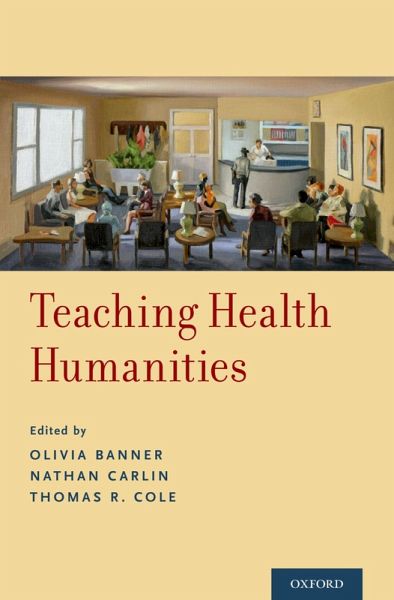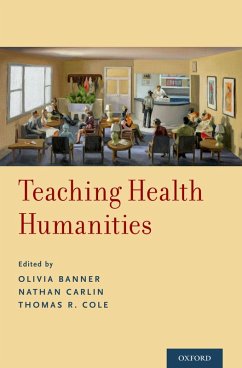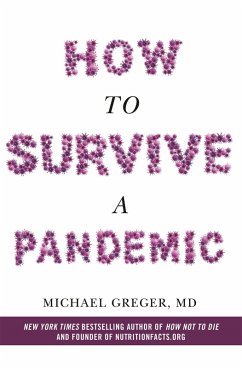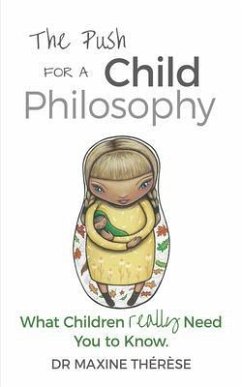
Teaching Health Humanities (eBook, ePUB)
Versandkostenfrei!
Sofort per Download lieferbar
40,95 €
inkl. MwSt.
Weitere Ausgaben:

PAYBACK Punkte
20 °P sammeln!
Teaching Health Humanities expands our understanding of the burgeoning field of health humanities and of what it aspires to be. The volume's contributors describe their different degree programs, the politics and perspectives that inform their teaching, and methods for incorporating newer digital and multimodal technologies into teaching practices. Each chapter lays out theories that guide contributors' pedagogy, describes its application to syllabus design, and includes, at the finer level, examples of lesson plans, class exercises, and/or textual analyses. Contributions also focus on pedagog...
Teaching Health Humanities expands our understanding of the burgeoning field of health humanities and of what it aspires to be. The volume's contributors describe their different degree programs, the politics and perspectives that inform their teaching, and methods for incorporating newer digital and multimodal technologies into teaching practices. Each chapter lays out theories that guide contributors' pedagogy, describes its application to syllabus design, and includes, at the finer level, examples of lesson plans, class exercises, and/or textual analyses. Contributions also focus on pedagogies that integrate critical race, feminist, queer, disability, class, and age studies in courses, with most essays exemplifying intersectional approaches to these axes of difference and oppression. The culminating section includes chapters on teaching with digital technology, as well as descriptions of courses that bridge bioethics and music, medical humanities and podcasts, health humanities filmmaking, and visual arts in end-of-life care. By collecting scholars from a wide array of disciplinary specialties, professional ranks, and institutional affiliations, the volume offers a snapshot of the diverse ways medical/health humanities is practiced today and maps the diverse institutional locations where it is called upon to do work. It provides educators across diverse terrains myriad insights that will energize their teaching.
Dieser Download kann aus rechtlichen Gründen nur mit Rechnungsadresse in A, B, BG, CY, CZ, D, DK, EW, E, FIN, F, GR, HR, H, IRL, I, LT, L, LR, M, NL, PL, P, R, S, SLO, SK ausgeliefert werden.













